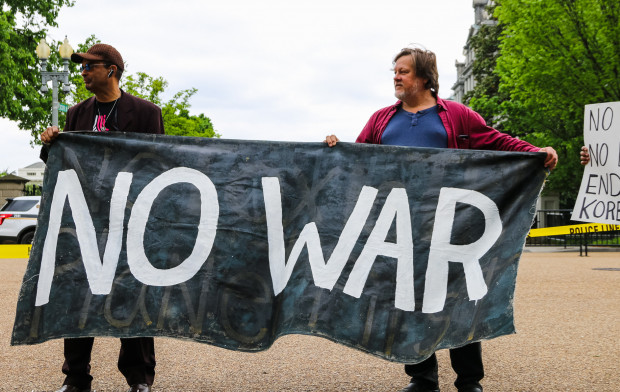How Americans Remember (And Forget) Their Wars
By John Dower for Tom Dispatch - Some years ago, a newspaper article credited a European visitor with the wry observation that Americans are charming because they have such short memories. When it comes to the nation’s wars, however, he was not entirely on target. Americans embrace military histories of the heroic “band of [American] brothers” sort, especially involving World War II. They possess a seemingly boundless appetite for retellings of the Civil War, far and away the country’s most devastating conflict where American war deaths are concerned. Certain traumatic historical moments such as “the Alamo” and “Pearl Harbor” have become code words -- almost mnemonic devices -- for reinforcing the remembrance of American victimization at the hands of nefarious antagonists. Thomas Jefferson and his peers actually established the baseline for this in the nation’s founding document, the Declaration of Independence, which enshrines recollection of “the merciless Indian Savages” -- a self-righteous demonization that turned out to be boilerplate for a succession of later perceived enemies. “September 11th” has taken its place in this deep-seated invocation of violated innocence, with an intensity bordering on hysteria.















